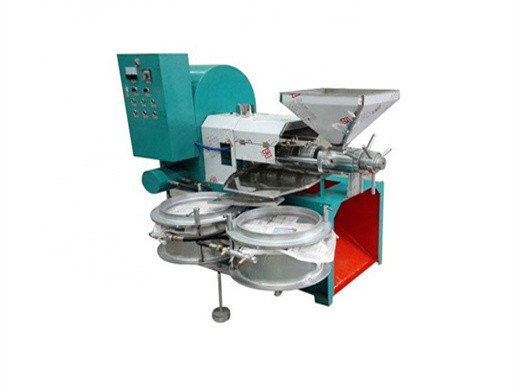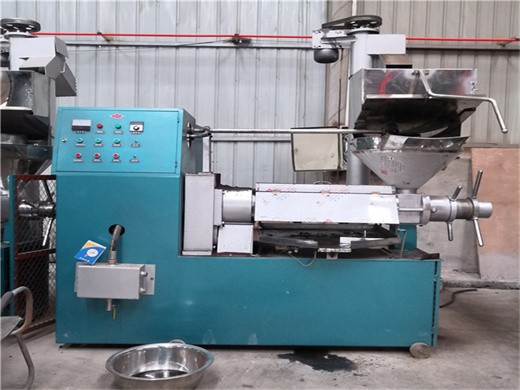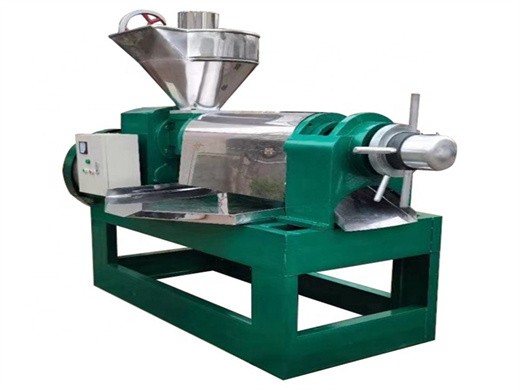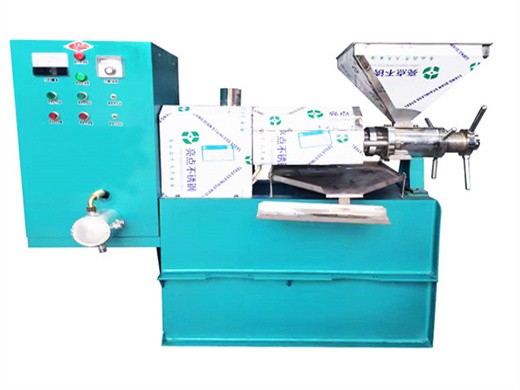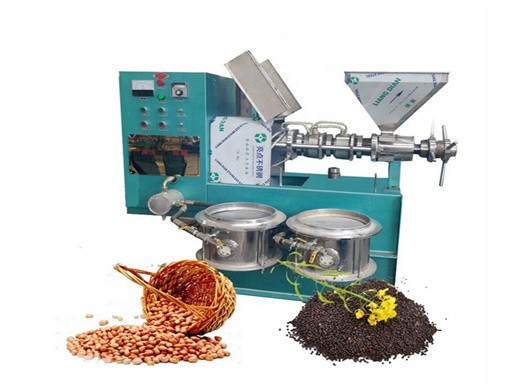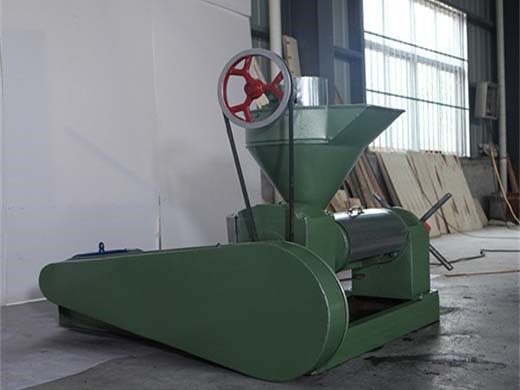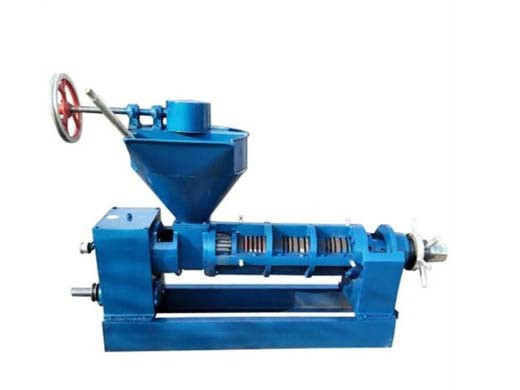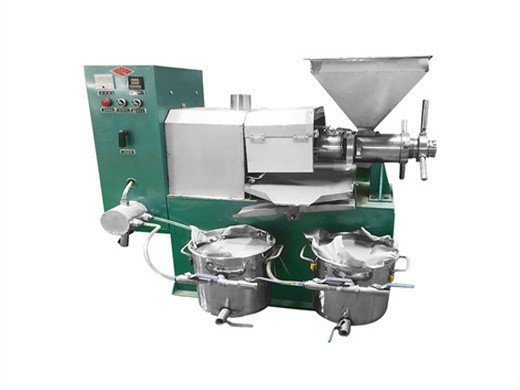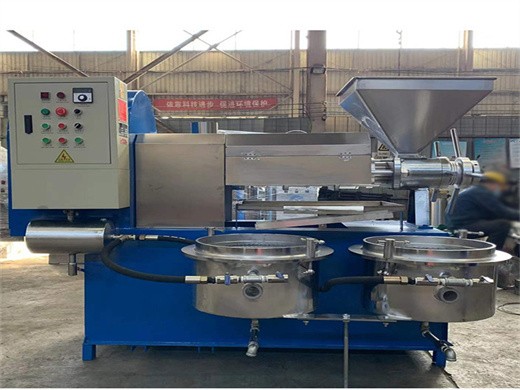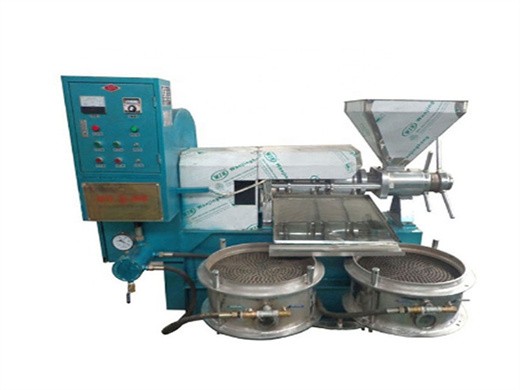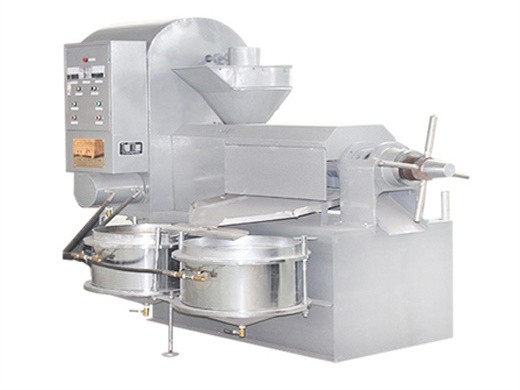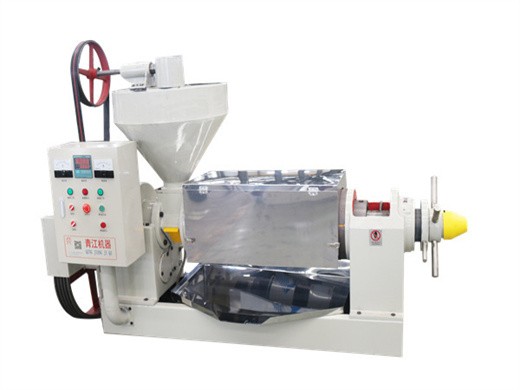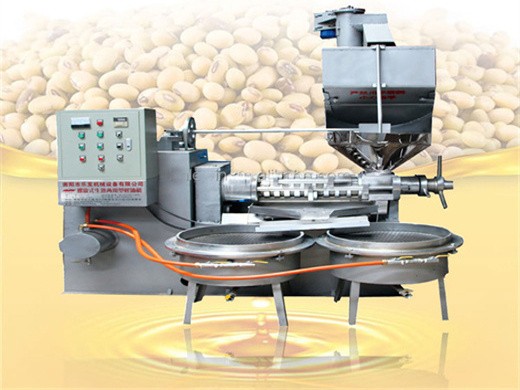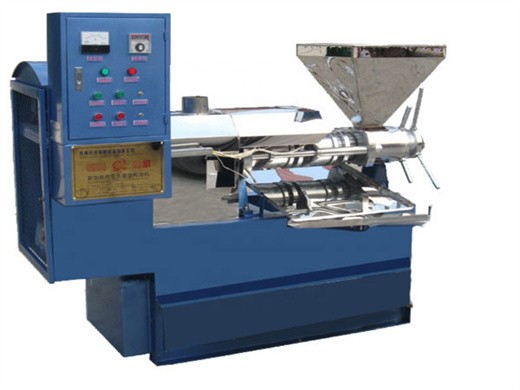The development of a residual oil recovery system to increase
In order to recover part of this residual oil in the pressed mesocarp fibre, a residual oil recovery system (RORS) was developed. This system has the ability to recover the residual oil in the pressed mesocarp fibre by using a washing technique, followed by pressing to recover CPO.
117 THE DEVELOPMENT OF A RESIDUAL OIL RECOVERY SYSTEM TO INCREASE THE REVENUE OF A PALM OIL MILL CPO processing was carried out in Malaysia even as early as the 1920s ...
Welcome to MPOB's Journal of Oil Palm Research Website
In order to recover part of this residual oil in the pressed mesocarp fibre, a residual oil recovery system (RORS) was developed. This system has the ability to recover the residual oil in the pressed mesocarp fibre by using a washing technique, followed by pressing to recover CPO.
The development of a residual oil recovery system to increase the revenue of a palm oil mill Article (PDF Available) in Journal of oil palm research 25(1):116-122 · April 2013 with 1,150 Reads
Enhanced Oil Recovery | Department of Energy
Cross-section illustrating how carbon dioxide and water can be used to flush residual oil from a subsurface rock formation between wells. Crude oil development and production in U.S. oil reservoirs can include up to three distinct phases: primary, secondary, and tertiary (or enhanced) recovery. During primary recovery, the natural pressure of ...
The development of a residual oil recovery system to increase the revenue of a palm oil mill. Vol. 25 2013 April p. 116-122 Author(s): VIJAYA, Subramaniam * ; ...
Study on Distribution Characteristics and Displacement
distribution ofdifferent types of residual oil is different when different displacement fluids are injected. Yue et al. studied the effect of polymer particles on the saturation of residual oil, dividing the residual oil into clusters, columns, mem-branes, and blind ends. Polymer particle flooding can reduce
Residual oil zones (ROZs) are reservoirs in which oil is swept over geologic time period and exists at residual saturation. The oil in such reservoirs cannot be commercially exploited using conventional oil recovery methods as the oil exists at residual oil saturation.
Optimization of Residual Oil Hydrocrackers: Integration
The ebullated bed residual oil hydrocracking is a well-established technology wherein the vacuum residue (VR) of crude oil is converted into light valuable oils. This research work targeted to optimize the hydrocracking process by integrating the pump-free ebullated bed reactor (PF-EBR) with a membrane-based gas synthetic recovery system.
An Introduction to Enhanced Oil Recovery Techniques To better understand the differences and advantages of Sino Australia’s best practice Enhance d Oil Recovery (EOR) technologies and services, it can be useful to gain insight into the issues EOR seeks to address, how these issues have been addressed previously and how technology has
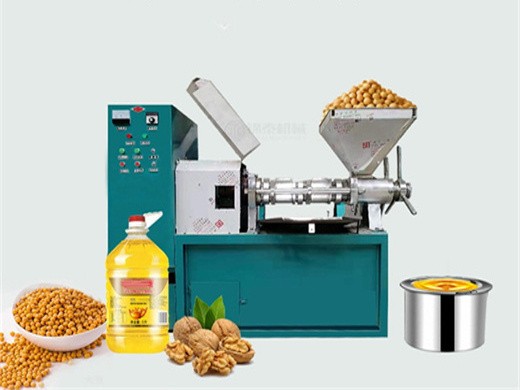
THE DEVELOPMENT OF A RESIDUAL OIL RECOVERY SYSTEM TO
117 THE DEVELOPMENT OF A RESIDUAL OIL RECOVERY SYSTEM TO INCREASE THE REVENUE OF A PALM OIL MILL CPO processing was carried out in Malaysia even as early as the 1920s
GET PRICE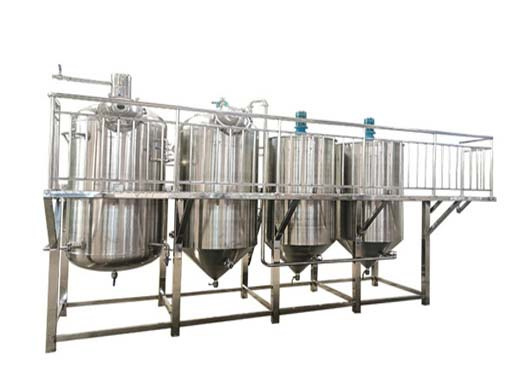
Welcome to MPOB's Journal of Oil Palm Research Website
Malaysia's Journal of Oil Palm Research Website. Journal of Oil Palm Research Vol. 25 2013 April p. 116-122 DOI: The development of a residual oil recovery system to increase the revenue of a palm oil
GET PRICE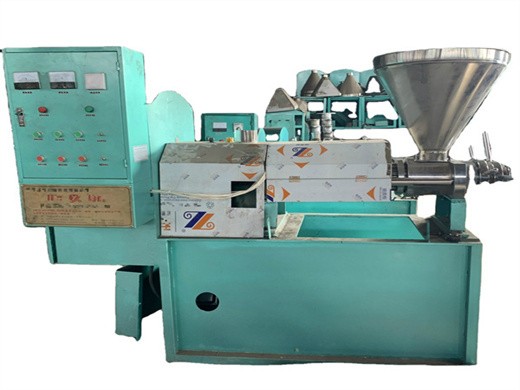
Welcome to MPOB's Journal of Oil Palm Research Website
All articles with the keyword: residual oil recovery system The development of a residual oil recovery system to increase the revenue of a palm oil mill Vol. 25 2013 April p.
GET PRICE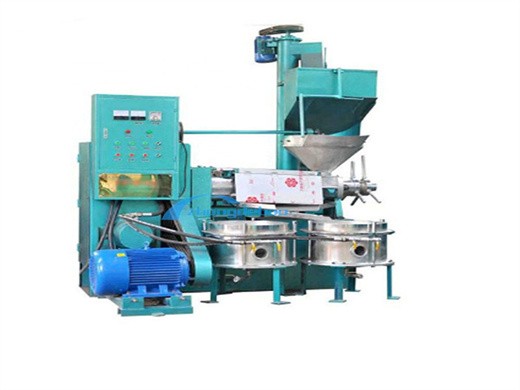
An Introduction to Enhanced Oil Recovery Techniques
An Introduction to Enhanced Oil Recovery Techniques To better understand the differences and advantages of Sino Australia’s best practice Enhance d Oil Recovery (EOR) technologies and services, it can be useful to gain insight into the issues EOR seeks to address, how these issues have been addressed previously and how technology has
GET PRICE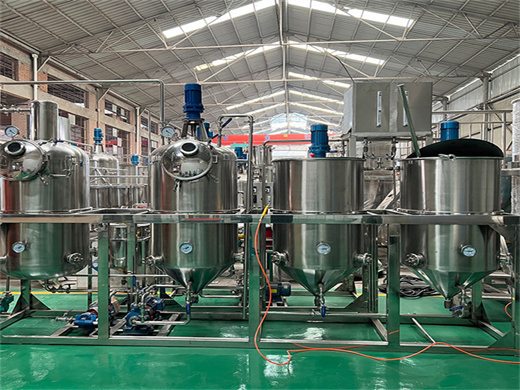
Enhanced oil recovery
Microbial injection is part of microbial enhanced oil recovery and is rarely used because of its higher cost and because the development is not widely accepted. These microbes function either by partially digesting long hydrocarbon molecules, by generating biosurfactants, or by emitting carbon dioxide (which then functions as described in Gas injection above).
GET PRICE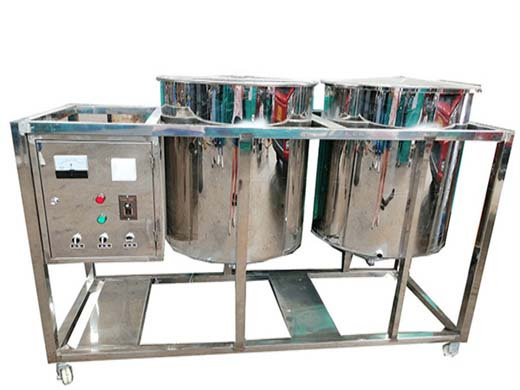
Steam-assisted gravity drainage
Steam-assisted gravity drainage (SAGD; "Sag-D") is an enhanced oil recovery technology for producing heavy crude oil and bitumen.It is an advanced form of steam stimulation in which a pair of horizontal wells is drilled into the oil reservoir, one a few metres above the other.High pressure steam is continuously injected into the upper wellbore to heat the oil and reduce its viscosity, causing
GET PRICE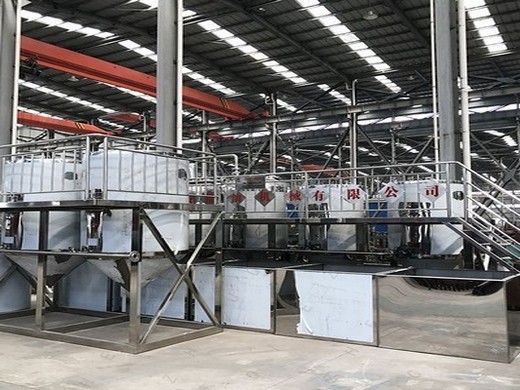
Residual Oil Saturation an overview ScienceDirect Topics
Residual Oil Saturation. Residual oil saturation (Srow) is the final value of oil saturation from laboratory waterflood displacement experiments and depends primarily on the flow rate (or differential pressure) applied, permeability and capillary end effects, test methodology and (in many cases) the test laboratory.
GET PRICE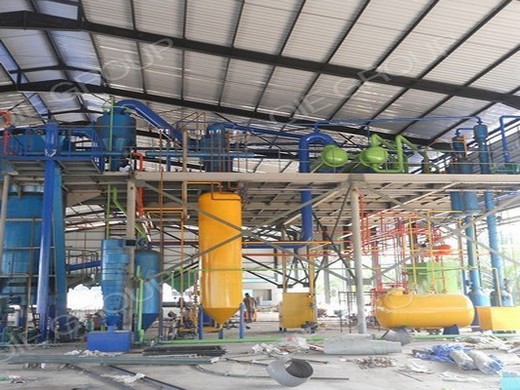
The Effect of Wettability and Spreading Coefficients
Abstract This paper investigates the mobilization and recovery of waterflood residualoil by immiscible gas flooding in 2D glass micromodels under strongly oil-wetand water-wet conditions. Two oil/water/gas systems, one displacing a
GET PRICE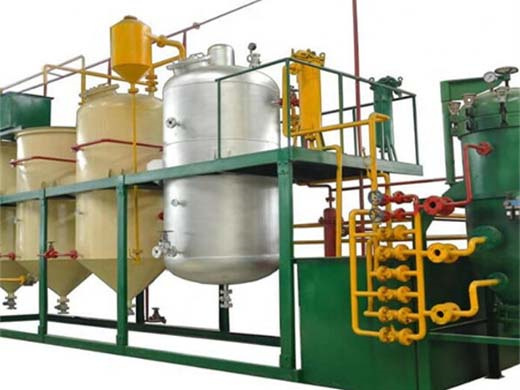
What is slop oil? Crude oil which is emulsified with water
What is Slop Oil? One of the ever-present waste streams in the oil and gas industry which creates problems for most companies is Slop Oil. “Slop Oil”, by definition, is considered crude oil which is emulsified with water and solids rendering it a waste stream that cannot be sold down the pipeline.
GET PRICE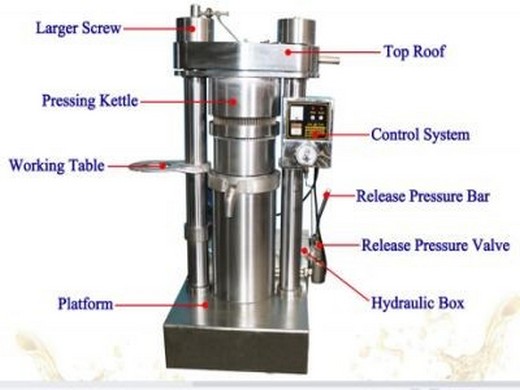
Enhanced oil recovery AAPG Wiki
Conventional recovery methods (primary and secondary) typically extract approximately one-third of the original oil-in-place in a reservoir. Estimates (made in the late 1970s) of worldwide oil in-place range up to 1.5 trillion barrels; using that figure, it is estimated that the oil remaining as a residual oil saturation after conventional recovery would be approximately 1.0 trillion barrels.
GET PRICE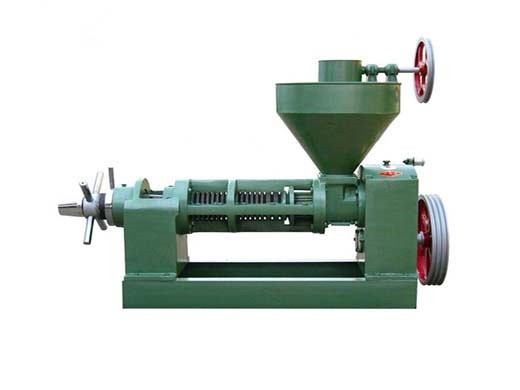
Immiscible Gas Injection an overview ScienceDirect Topics
Improved recovery technology includes traditional secondary recovery processes such as waterflooding and immiscible gas injection, as well as enhanced oil recovery (EOR) processes—usually classified as chemical, miscible, thermal, and microbial.A visual representation of the topics covered by EOR and improved oil recovery (IOR) is shown in Fig. 14.1.
GET PRICE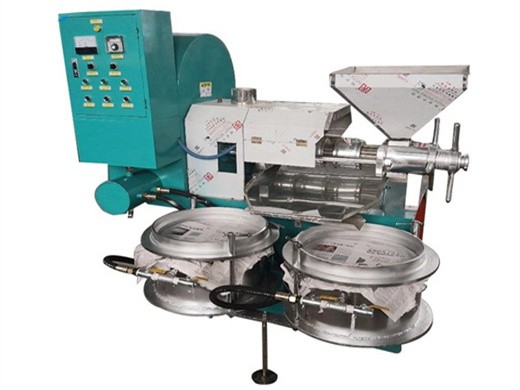
Enhanced Oil Recovery Department of Energy
Crude oil development and production in U.S. oil reservoirs can include up to three distinct phases: primary, secondary, and tertiary (or enhanced) recovery. During primary recovery, the natural pressure of the reservoir or gravity drive oil into the wellbore, combined with artificial lift techniques (such as pumps) which bring the oil to the surface.
GET PRICE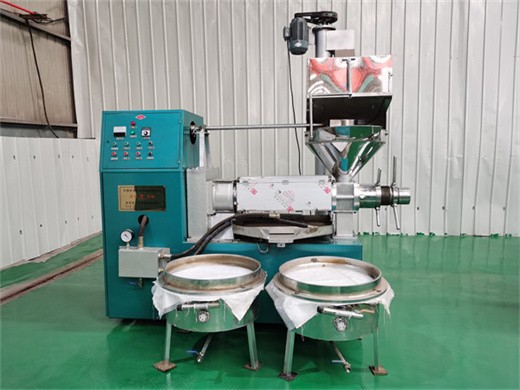
Proper Use of Capillary Number in Chemical Flooding
Capillary number theory is very important for chemical flooding enhanced oil recovery. The difference between microscopic capillary number and the microscopic one is easy to confuse. After decades of development, great progress has been made in capillary number theory and it has important but sometimes incorrect application in EOR. The capillary number theory was based on capillary tube
GET PRICE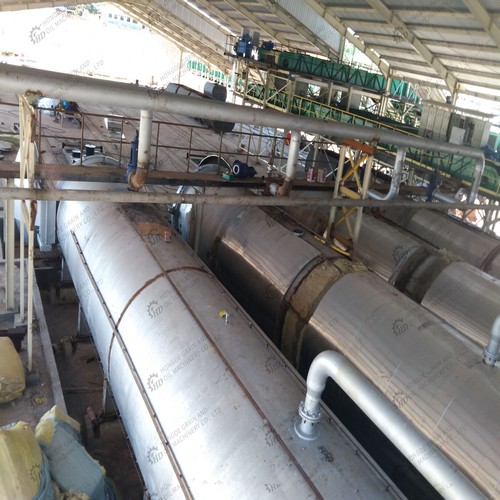
Residual legal definition of residual
The long-term 'AA'/Outlook Stable ratings assigned to the series 2024-XF2741 Floater and Residual Certificates are based on the rating that Fitch has assigned to the Community Development Administration, Maryland Department of Housing and Community Development Residential Revenue Bonds, 2024 Series A (Non-AMT) that have been deposited in the
GET PRICE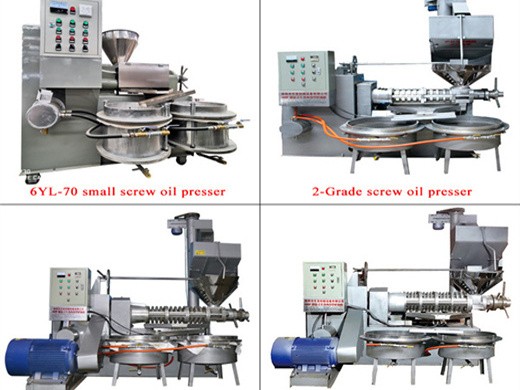
What is the Difference between Primary, Secondary
What is the Difference between Primary, Secondary & Enhanced Recovery for Oil Extraction? Request information. Aug 26 2014 Read 64483 Times. Traditional methods of oil extraction have been the primary and secondary methods, which, according to studies by the US Department of Energy, only exhaust between a quarter and half of a well’s oil reserves. Such profligacy has been addressed by
GET PRICE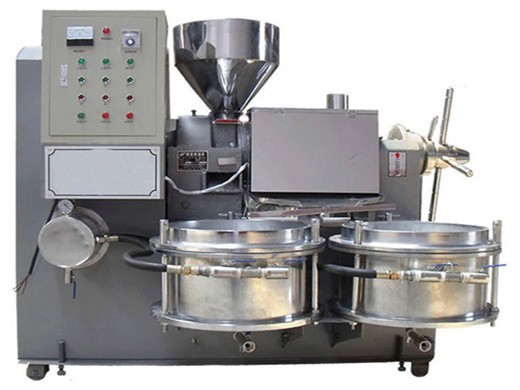
Interfacial effects in the recovery of residual oil
Interfacial effects in the recovery of residual oil by displacement: studies at Northwestern University. Annual report, March 1, 1976--February 28, 1977
GET PRICE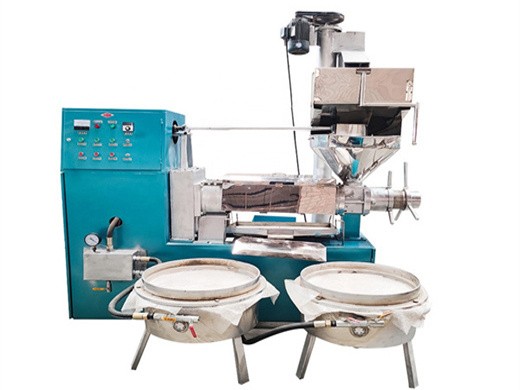
8. WASTE HEAT RECOVERY Bureau of Energy Efficiency
8. Waste Heat Recovery Bureau of Energy Efficiency 177 8.4 Development of a Waste Heat Recovery System Understanding the process Understanding the process is essential for development of Waste Heat Recovery system. This can be accomplished by reviewing the process flow sheets, layout diagrams, piping isometrics, electrical
GET PRICE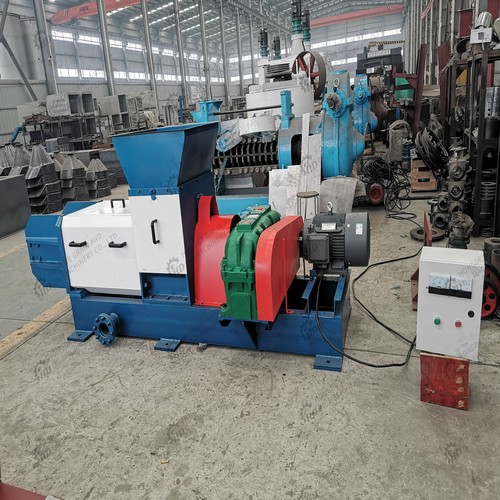
Development of a system to combine solvent recovery
Get this from a library! Development of a system to combine solvent recovery with the recovery of heat from residual organic wastes. [D K Jackson; Canada. Environment Canada.; Canada. Technology Development and Technical Services Branch.;]
GET PRICE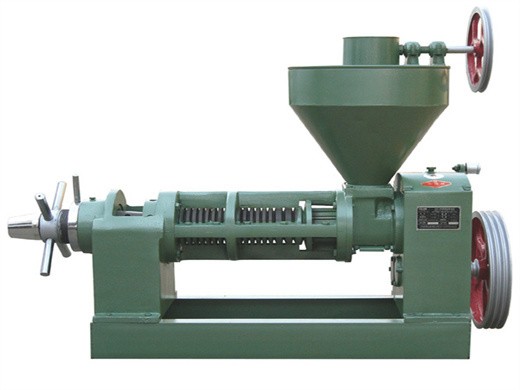
New correlations for CO 2 -Oil solubility SpringerLink
This paper presents the development of new empirical correlations for (1) CO 2 solubility in dead oil and (2) oil viscosity reduction ratio due to CO 2 saturation. These correlations are specifically developed for light oils, i.e., with oil gravities less than 0.9 (greater than 26° API).
GET PRICE
2024/56 102679
ondary recovery processes, such as waterflooding or the injection of treated water, that drive residual oil to the production wells. Offshore conventional oil development makes use of treated seawater for waterflooding, greatly diminishing the use of freshwater (Williams 2013). To extend a field’s economic life, a tertiary process to enhance
GET PRICE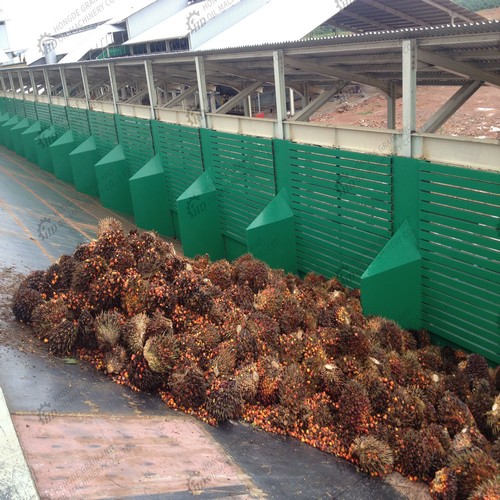
Study 101 Terms Economics Flashcards Quizlet
On March 1, 2010, Anniston Company purchased an oil well at a cost of $1,000,000. It is estimated that 150,000 barrels of oil can be produced over the remaining life of the well and the residual value of the well will be $100,000. During 2010, 15,000 barrels of oil
GET PRICE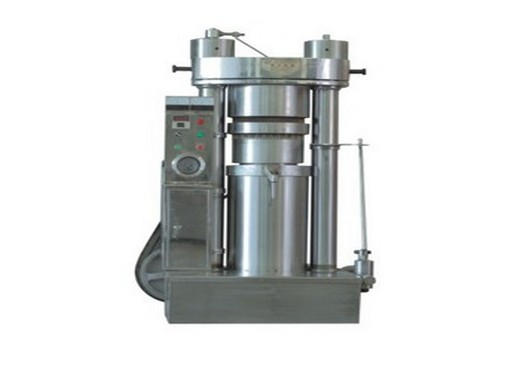
Recovery rates, enhanced oil recovery and technological
This is probably as good as it has ever been. Improving oil recovery to that typical of gas fields could more than double the time for which oil is available or alternatively allow for increased production rates. This would provide more time for an increasingly energy-hungry world to develop alternative energy sources and technologies.
GET PRICE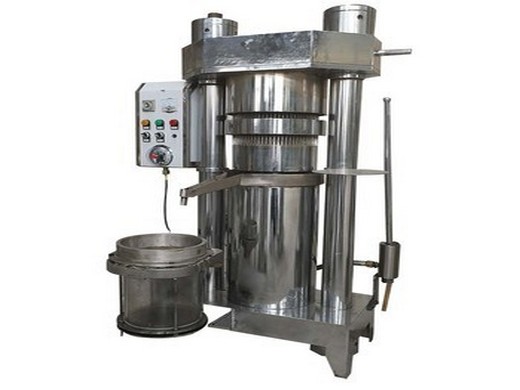
Site Contents Transportation Research Board
DEVELOPMENT OF A HIGH SEAS OIL RECOVERY SYSTEM. PHASE II. PROTOTYPE DESIGN, FABRICATION, AND TESTING. APPENDIX III. SYSTEMS TESTS. VOLUME I. The Phase-II report covers design, construction, and test of a prototype 2000 gpm oil recovery system for the high seas.
GET PRICE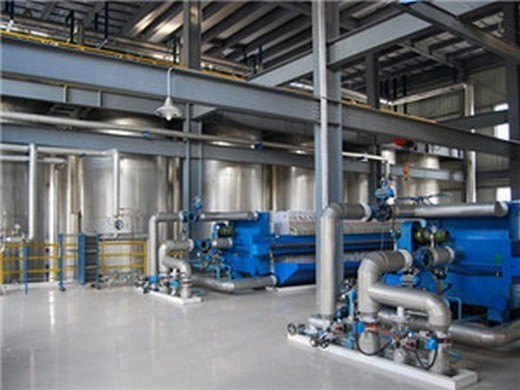
Development of In-Situ Foam Filtration System for Oil
The project will result in the development of a prototype in-situ foam filtration system prototype for speedy, safe, and sustainable oil recovery in marine environments. The research findings and models would develop a pilot-scale sorbent-based oil-spill remediation system and perform on-site performance testing and optimization. Overall, the
GET PRICE